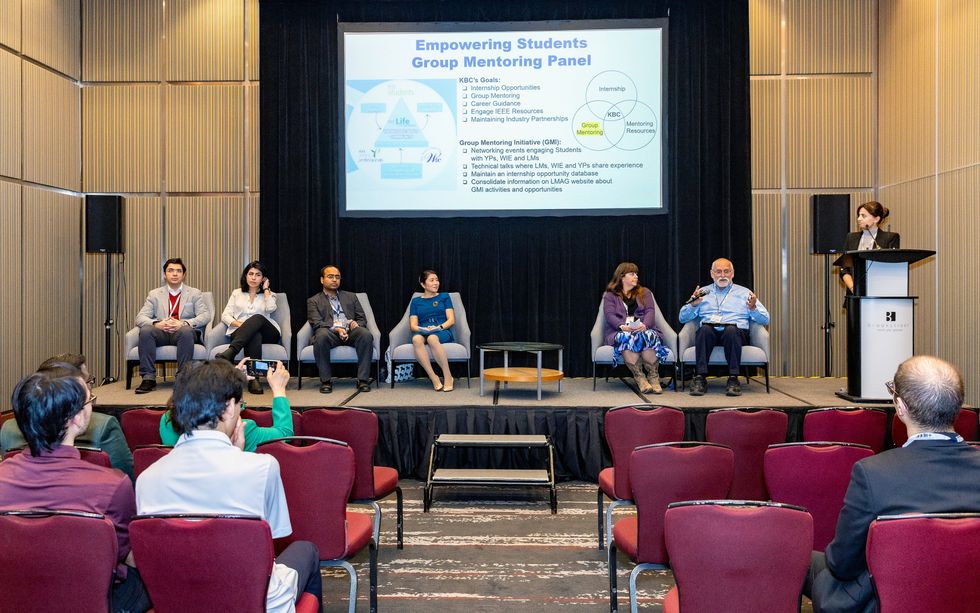Now Reading: Advancing Materials for Energy-Efficient Innovations
-
01
Advancing Materials for Energy-Efficient Innovations
Advancing Materials for Energy-Efficient Innovations

Swift Summary
- Researchers at Oak Ridge National Laboratory (ORNL) have developed a breakthrough technique for visualizing domain wall dynamics in ferroelectric materials, critical for advanced electronics.
- The method provides unprecedented detail on the movement of domain walls, offering insights into how these interfaces react to external changes such as electric or mechanical signals.
- Ferroelectric materials are promising alternatives to customary silicon for low-energy consumption applications in memory chips, sensors, and other devices.
- Domain walls exhibit unique properties such as conductivity or magnetism that differ from the surrounding material. These characteristics could lead to advancements in nanoelectronics at incredibly small scales.
- Previously unavailable dynamic visualizations now allow scientists to estimate energy requirements and study motion patterns,both smooth and abrupt shifts of domain walls.
- This refinement could help create more energy-efficient technologies by optimizing ferroelectric behaviors necessary for next-generation computing systems.
- The researchers intend further studies of other materials and potential collaborations with industry leaders.
Indian Opinion Analysis
The advancement outlined by ORNL researchers represents a potentially meaningful step forward in global efforts aimed at reducing energy consumption within data centers-an area with profound importance as India undergoes rapid digital change.Ferroelectric materials’ ability to store and process data more efficiently aligns well with India’s expanding cloud infrastructure demands alongside an urgent need for lasting technology solutions.
For India’s burgeoning tech ecosystem, improved methodologies like this one may inform domestic innovation in sectors reliant on high-performance computing but grappling with energy constraints. Beyond scientific curiosity, advancements targeting “low-power devices” could intersect with India’s focus on renewable energies and emission reductions while catalyzing emerging industries such as nanotechnology-intensive hardware production.
While immediate economic impacts might seem distant due primarily toward commercialization phases un-established – Increased clearer engineering scope systematically benefits aligning conducive growth rates over accumulatively foreseeable measures where applicable bridging wider gaps hindering national existing capabilities refinement cross-industrial syncing faster operational dissemination confines eventually wherever deemed plausible/initiation-reviewed arriving lessened bottleneck inducing advantageous credibility validate considerable takeup efficacy adaptations Read More: https://www.nextbigfuture.com/2025/05/203283.html

























